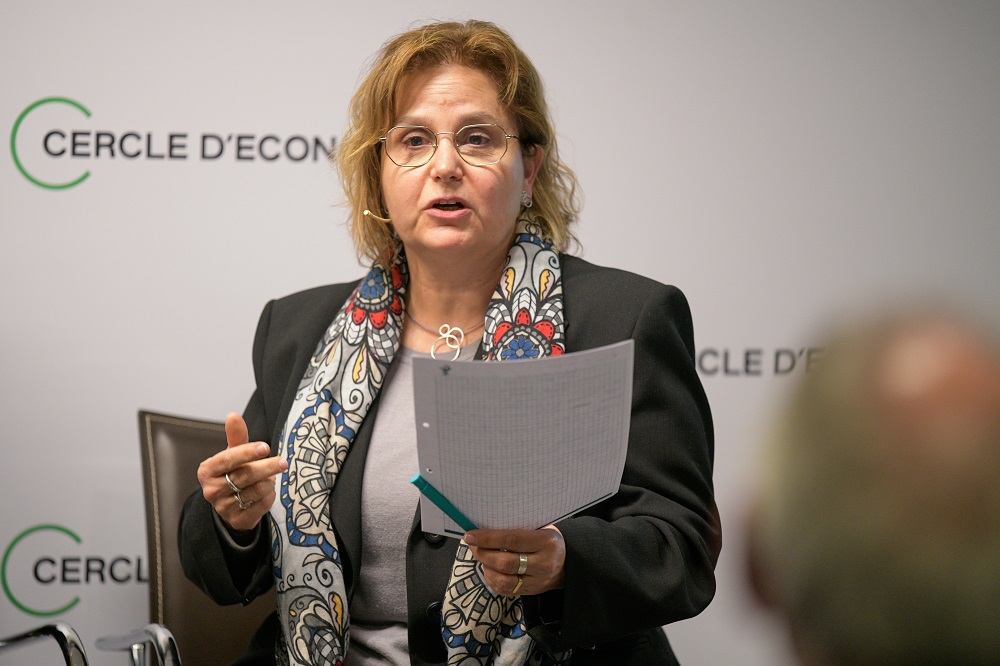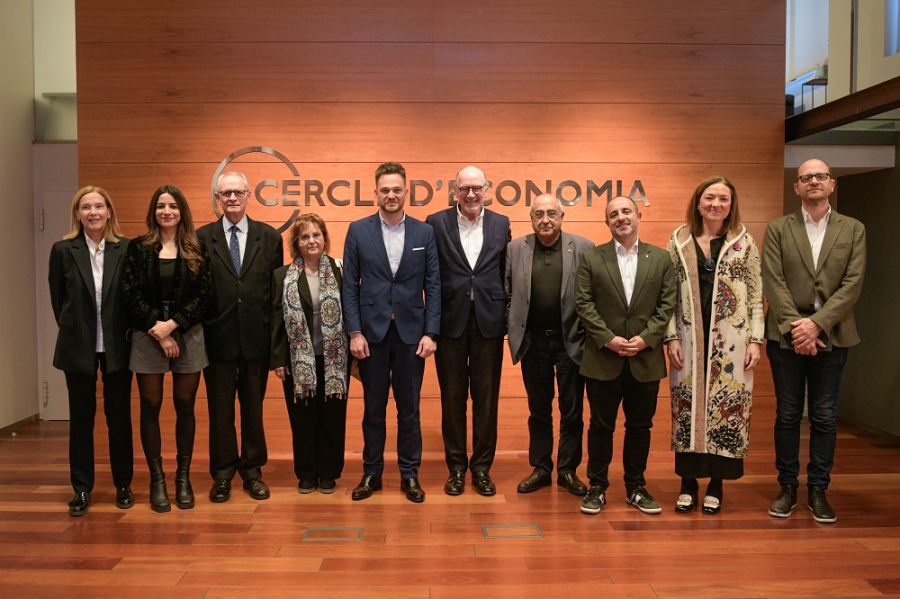
Fundació Cercle d’Economia and Fundació BCN Formació Professional have jointly organized the session entitled "Companies and institutions facing the challenge of dual training" in order to address the new dual training regulatory framework with the new Vocational Training Law and the new University Law. The event also sought to highlight the experiences of a variety of businesses and government agencies with regard to dual training.
The president of Fundació Cercle d’Economia Pedro Fontana welcomed the attendees, highlighting that "dual training offers multiple benefits for students and companies, but it also encourages close collaboration between the academic and professional world that facilitates knowledge transfer and innovation and promotes the development of practical solutions to real-world challenges". "At the Fundació Cercle d’Economia we provide all the support necessary so that dual training can become one of the pillars of training and education for our young people", Fontana added. The president of Fundació Cercle d’Economia recalled that the EUS (Enterprise, University, Society) program was created, together with the help of Fundació Bosch i Gimpera and the Faculty of Economics of the University of Barcelona, for students in the final year of their degree to do in-company internships. "This program was started by the then dean and partner of Cercle, Fernando Casado, and Carlos Güell de Sentmenat, president of Fundació Cercle d'Economia, who mobilized the business sector of Catalonia so that a group of outstanding students could for the first time combine academic training with in-company internships", he commented. Pedro Fontana also mentioned the Fundació Cercle d'Economia Teaching Award which recognizes and promotes projects and initiatives in primary, compulsory secondary, baccalaureate and vocational training schools.
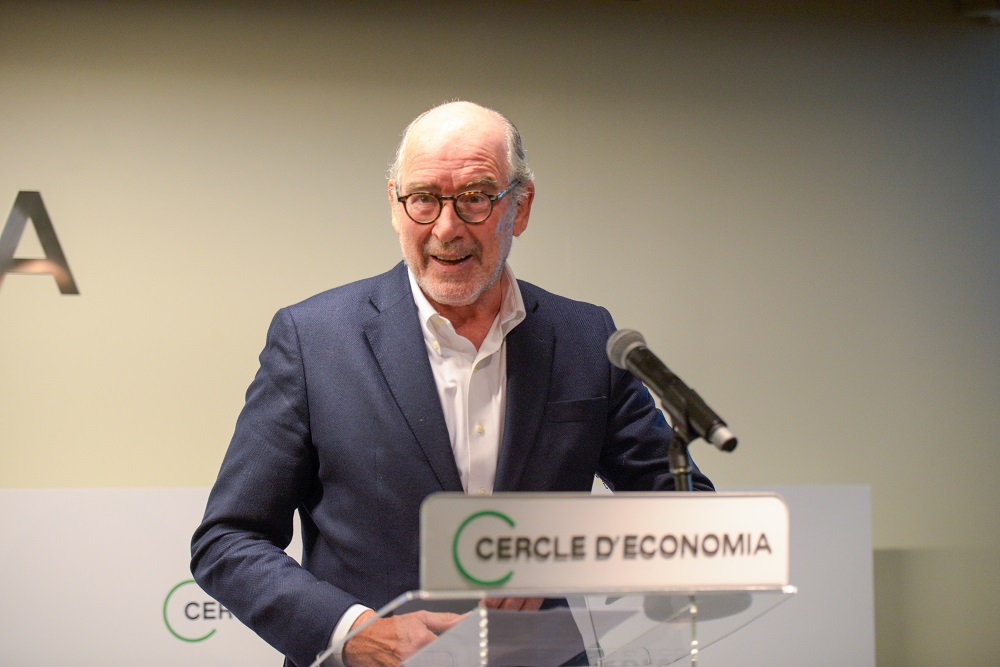
In the inaugural parliamentary meetings, the Minister of Research and Universities of the Government of Catalonia Joaquim Nadal sought to recognize Cercle d'Economia as an "institution with deep roots in the business and intellectual fabric of Catalonia". Nadal admitted that "although dual training has a consolidated, recognized, accepted and valued path in the field of vocational training, in the university field it is still to a very large extent an unfinished matter". Nadal stated that "the university world is behind vocational training in terms of the possibility of establishing links between the business world and training" and assured that "this is happening in part because until 2021 there was no framework that regulated it". "With the current regulatory framework it should be possible to accredit and verify the dual credential in undergraduate and master's degrees in a widespread manner", Nadal stressed. The Minister of Research and Universities is committed to "trying to ensure that dual training at universities no longer remains in its earliest stages. We want for it to become a widely recognized, accepted and desired path". Joaquim Nadal also highlighted that "another pending challenge for our research system is knowledge transfer and innovation, as well as the tangible results in its social and local impact". "The future of this country undoubtedly depends on research, science and knowledge" concluded the minister, who also pointed out that "if we have a budget for this, we will be able to move forward a little more".
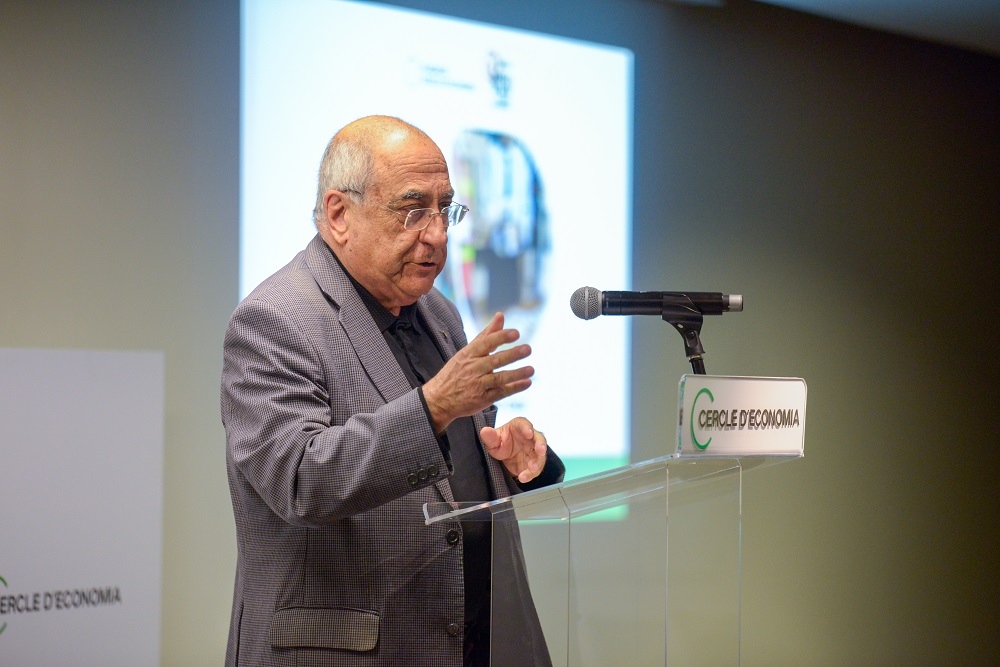
Next, the executive president of the Public Agency for Training and Qualification of the Government of Catalonia Fabián Mohedano spoke about the relationship with the productive sector of the new Vocational Training Law, ensuring that "we are now in a disruptive moment where we are about to heal the wounds created by the laws of the 1970s and 1990s according to which smart people went to one side and stupid people went to the other". Fabián Mohedano stated that, at the moment we are in now, "it is no longer an issue of smart and stupid people" as "we need everyone to tackle the challenges of digitalization, specialization and languages in a global world". Mohedano recalled that "starting in 2030, in Europe there will only be work for just over 10% of low-skilled workers; right now this figure is at 28%". The executive president of the Public Agency for Training and Qualification of the Government of Catalonia assured that "we are in a time of transition towards specialized, highly technical, integrated vocational training centers, which will become benchmarks for a sector or region and with the capacity to stimulate local areas". Fabián Mohedano added that "the planning of the vocational training options must be mainly based on prospectives and prospecting". Mohedano also pointed out 10 pathways for business-training collaboration, including the promotion of skills accreditation processes, the development of training plans and the design of trade visibility actions.
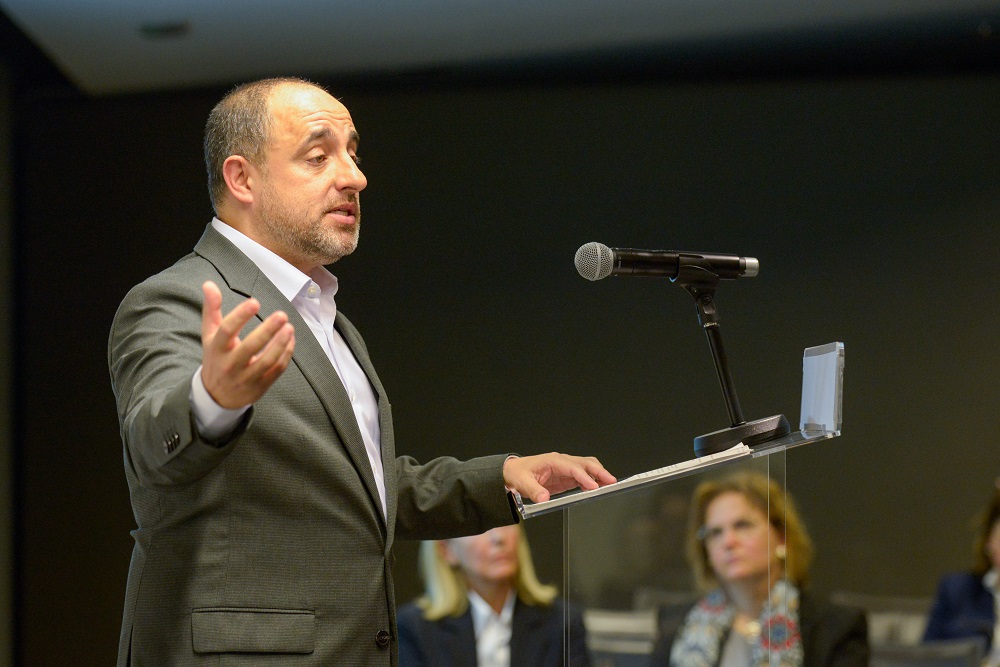
Next, the president of the Economic and Social Council of Spain (CES) Antón Costas focused on presenting the results of a CES study on the situation and prospects of dual training in Spain. Costas started his presentation by defending that "one of the existential challenges we face as a liberal and capitalist society is to regain social inclusion and the shared prosperity that we have lost over the last forty years". In this sense, he stressed that "we need more good jobs, for many people and in many more places throughout the country, and at the same time, companies need good workers who have the skills and qualities that the new world demands". He also highlighted that dual training has an extraordinary capacity to "bring these two needs together" and act as a "matchmaker". The president of the CES explained the main data from the report on dual training, highlighting that "this training is associated with lower dropout rates, less time between completing studies and entering the workforce, an improvement in the quality of these contracts, a greater retention of students in companies and even higher salaries". Antón Costas stated that "the conditions for the success of dual training are joint responsibility, cooperation and trust between schools and government agencies, companies and institutions, as well as students and families". Finally, he pointed out that "if we want to give people job opportunities, it is essential that apart from money, design and organization, we incorporate support and early guidance".
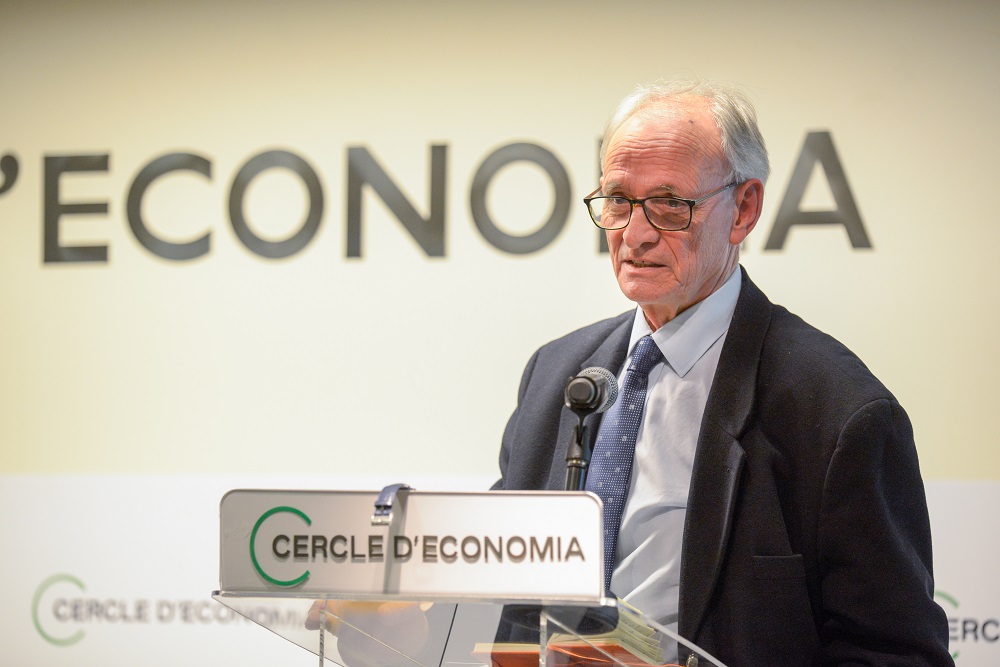
Finally, this session on companies and institutions facing the challenge of dual training closed with a roundtable discussion in order to hear about the experiences of different public and private companies of varying sizes moderated by the general director of the Fundació BCN Formació Professional Neus Pons.
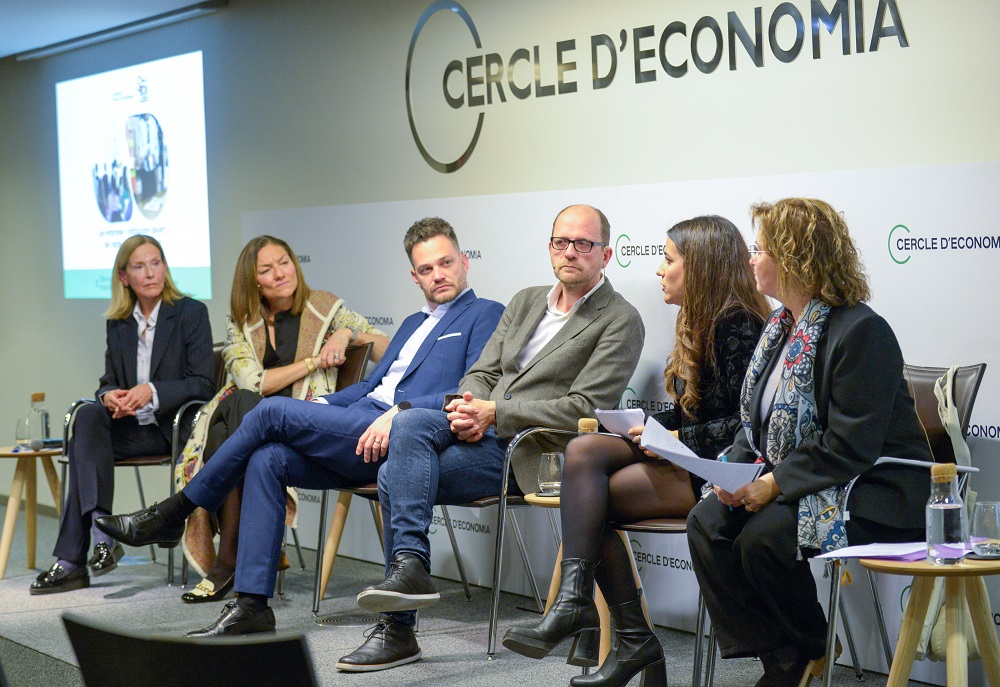
The director of European Financing and Public Affairs of Ametller Origen Marta Angerri explained that "in Ametller we need butchers, fishmongers, shelf stockers, shift managers... and it is very difficult to find them since our young people want to be programmers, TikTokers and Instagrammers". Thus, as a company, "we also have the task of training our workers". Angerri stated that "before creating an internal vocational school, which is a very big step, we have chosen to do a pilot dual occupational professional training program to train new butchers in a project that we have promoted with the Eduvic social cooperative with financing from European Next Generation funds".
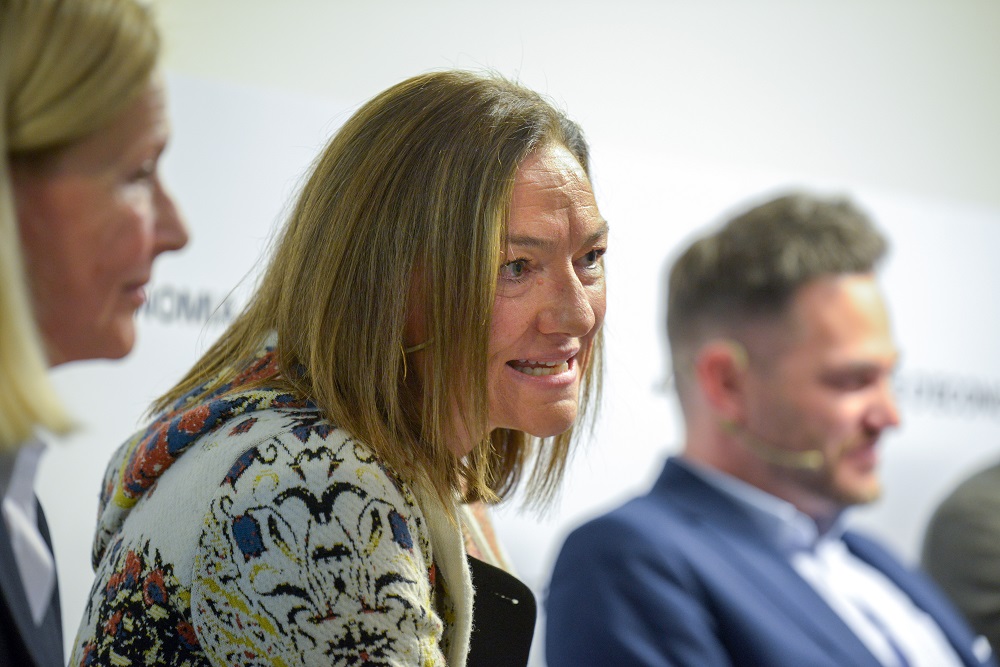
The CEO of Aigües de Barcelona Felipe Campos recalled that "for our company it is essential to contribute to the economic and social development of the region where we operate with different programs and initiatives and with our decisive commitment to dual vocational training that we have held for more than the last 10 years". Campos explained that "we are developing important support in the acquisition of knowledge and in this sense the people in the company who participate in the dual professional training processes as tutors are key figures". He was also proud that "more than 80% of the students from our dual vocational training join the company".
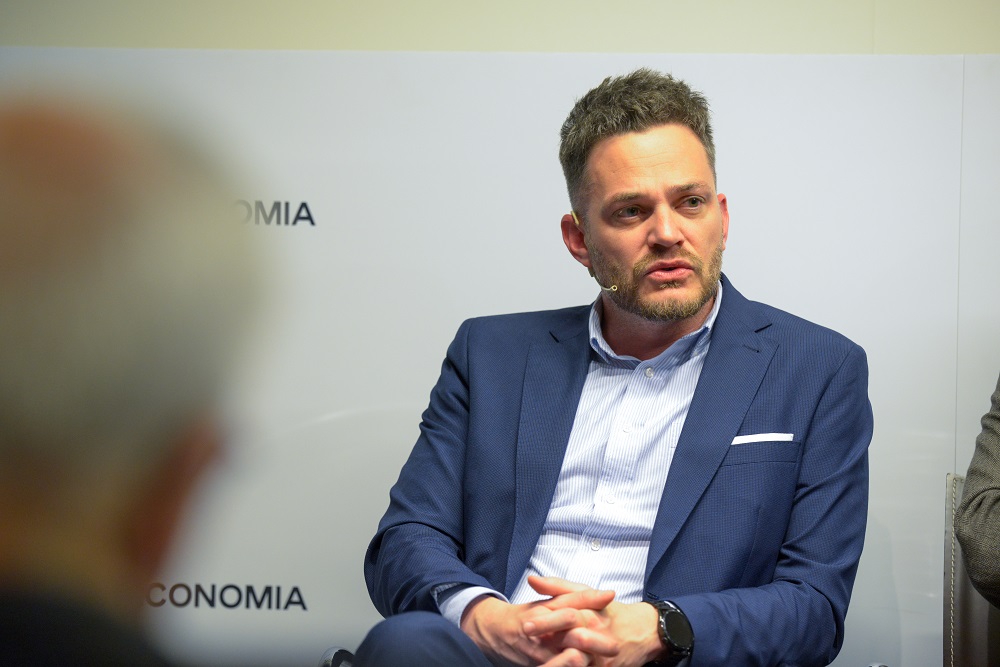
Estefanía Muñoz, director of communication and HR at SIGMA, a company that offers technological solutions to universities, stated that "companies must be an active part of the training of future workers and collaborate more and better with vocational training centers" and highlighted "the high job insertion rates associated with dual training, especially in technological and professional sectors". Muñoz added that "we need more students who want to take part in dual vocational training in order to be more such as nearby countries like Germany or Switzerland, where practically 70% of vocational training studies follow dual training".
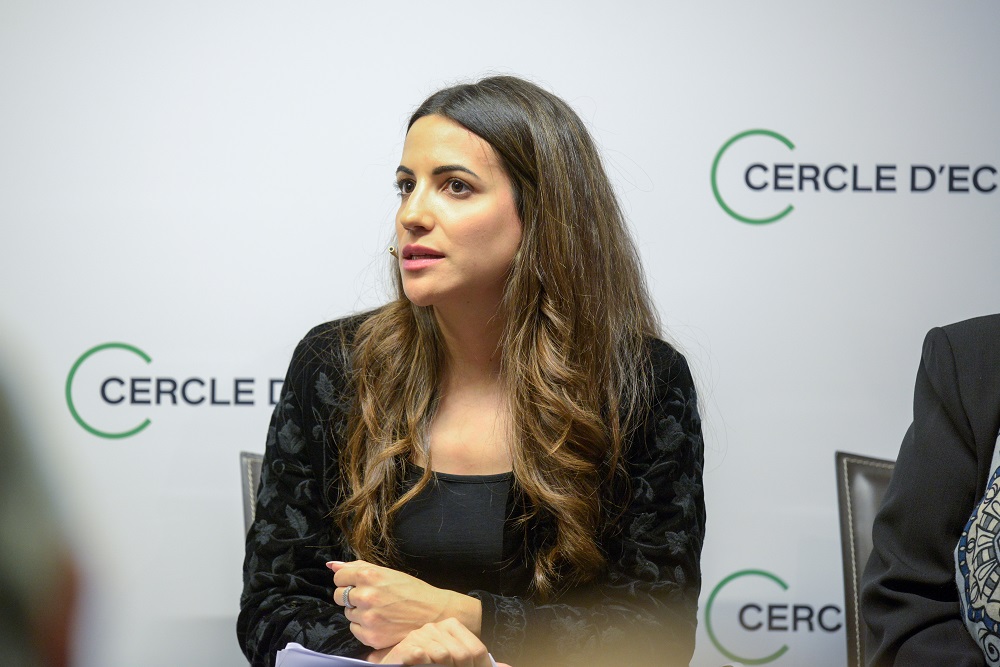
The manager of people, organization and electronic administration of Barcelona City Council Javier Pascual recalled that "in the council we have opportunities to attract and offer positions to people who are in the academic field" and stressed that "we have around 300 people every year in internships in dual professional training, with about 2,200 in the 11 years that we have had the program running". Pascual commented that "it is part of the local government's social responsibility to provide opportunities to students".
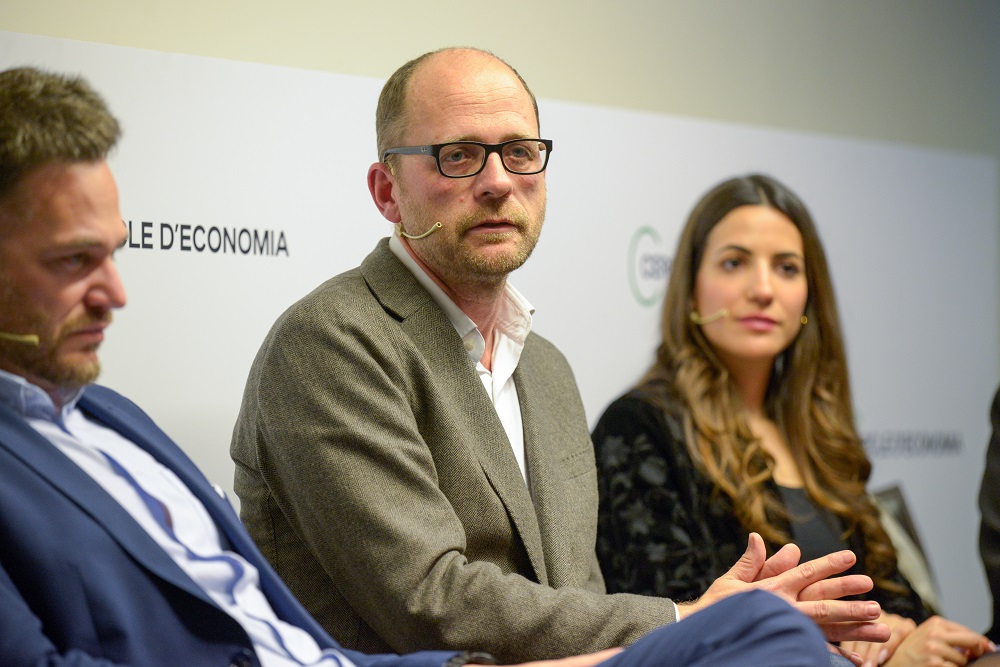
The owner of Vilaplana pharmacy Montse Vilaplana gave thanks for "the opportunity to make pharmacists and small businesses visible" and described her experience with students in dual professional training internships in her pharmacy as "very positive". Vilaplana commented that "the young interns give us enthusiasm and a desire to work" and she wanted to thank them for the work and the time they shared together.
